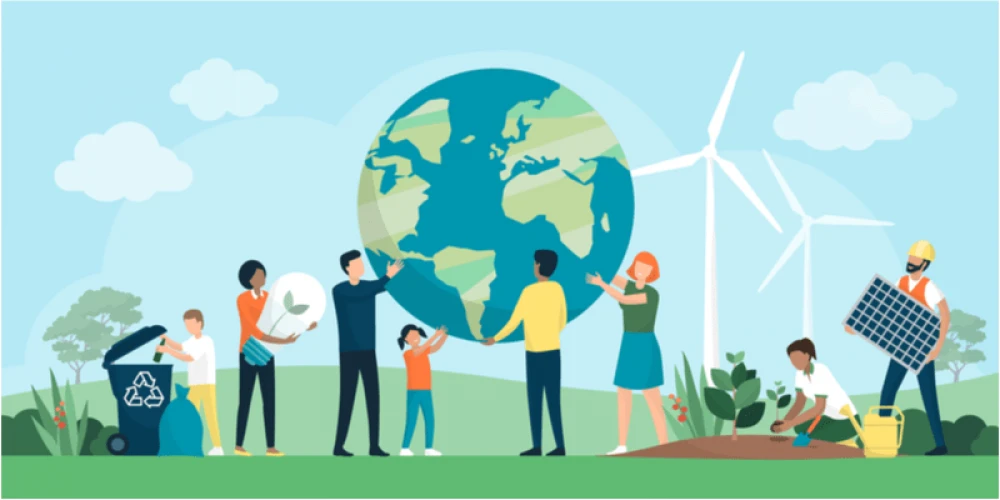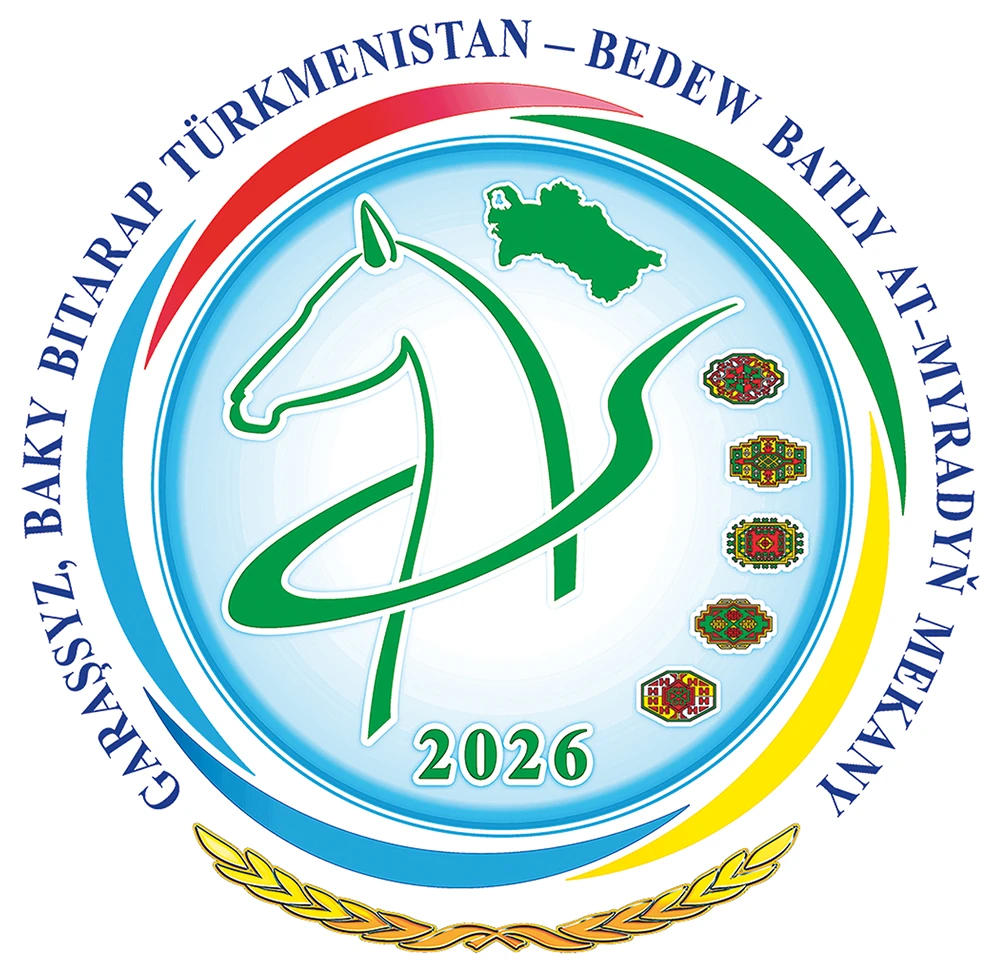
07/03/2024
1520
INTERNATIONAL LEGAL FRAMEWORK STRUGGLE FOR CLIMATE CHANGE
Climate change is a global challenge of our time. It is a profound and global problem. We encounter its consequences in various fields of activity both at the national and global levels.
As measures to struggle for climate change in the international arena, the following steps are being taken: to prevent further changes; on adaptation to climate change to limit harmful effects; financial and other measures to counter this process and conform to its consequences, as well as measures to facilitate and promote implementation and compliance with relevant standards at the national level. All these actions are provided for in various international documents, both legally binding and advisory in nature.
The global nature of the participation of all states of the world in international negotiations confirms the importance of combating climate change. Today, 197 countries around the world have joined the 1992 UN Framework Convention on Climate Change. And although attempts to extend this period in the form of the Doha Amendment of 2012 have not yet justified themselves, the adoption of the Paris Agreement in 2015 and its amazingly rapid entry into force in October 2016 show the undoubted interest of the international community to unitely combat climate change within the UN framework. The Paris Agreement in its structure and scope of powers is very interesting from the point of view of not only international environmental law, but also all international law in general.
Taking an active part in international initiatives and agreements to coordinate global efforts to combat climate change, our country supported the Paris Agreement and ratified it in October 2016. To achieve the goals of the climate agenda, Turkmenistan is systematically improving the relevant legislative and legal framework. Thus, in recent years, the National Strategy on Climate Change, the National Strategy for the Development of Renewable Energy until 2030 and the Law “On Renewable Energy Sources” have been adopted. In 2020, our state joined the UNECE International Program “Trees in Cities”.
Turkmenistan has adopted a number of programs and strategies, which also include measures to adapt to climate change. Among them:
• “National Strategy on Climate Change”, adopted in a new edition in 2019 and aimed at reducing the risks associated with climate change. The Strategy provides for a set of measures for the rational use of natural resources, combating land degradation, developing forestry and increasing the area of forest plantations, improving the condition of irrigated lands and combating soil salinization.
• In 2022, the project “Development of the national adaptation planning process in Turkmenistan” was launched.
• National Action Plan for adaptation of the health of the population of Turkmenistan to climate change and its adverse consequences for 2020–2025.
• Action Plan to prevent the effects of heat on the health of the population of Turkmenistan (2022). • National Aral Program for the period 2021–2025.
• Program “Revival of a New Era of a Powerful State: National program for the socio-economic development of Turkmenistan in 2022–2052”.
• Project “Conservation and sustainable management of land resources and ecosystems of high natural value in the Aral Sea basin to obtain multiple benefits”.
• National Forestry Program for 2021–2025 and Action Plan for its implementation.
In 2023, at the Turkmen State Pedagogical Institute named after Seyitnazar Seydi, the UNESCO Department “Environmental Education for Sustainable Development” was opened and the UNESCO Club “Environmental protection is an important concept of sustainable development” was created at the Turkmen Agricultural Institute in Dashoguz.
As part of regional cooperation, Turkmenistan initiated the development of a Regional Environmental Protection Program for the sustainable development of Central Asia, which will contribute to the achievement of regional countries' obligations under UN environmental conventions, the implementation of the Paris Climate Agreement and the introduction of green economy principles.
Adaptation measures are also being implemented within the framework of the Sendai Framework for Disaster Risk Reduction 2015-2030 and are aimed at reducing the risks of natural disasters such as floods, mudflows and drought.
Turkmenistan consistently fulfills its obligations under the UN Framework Convention on Climate Change. Based on the fact that the topic of climate change is at the top of the international agenda, Turkmenistan fully supports the efforts of the world community in this direction, taking steps to introduce low-carbon technologies.
Tofe HOSHANOVA,
lecturer of the Department of International Law and Comparative Jurisprudence of the
Institute of International Relations of the
Ministry of Foreign Affairs of Turkmenistan.


